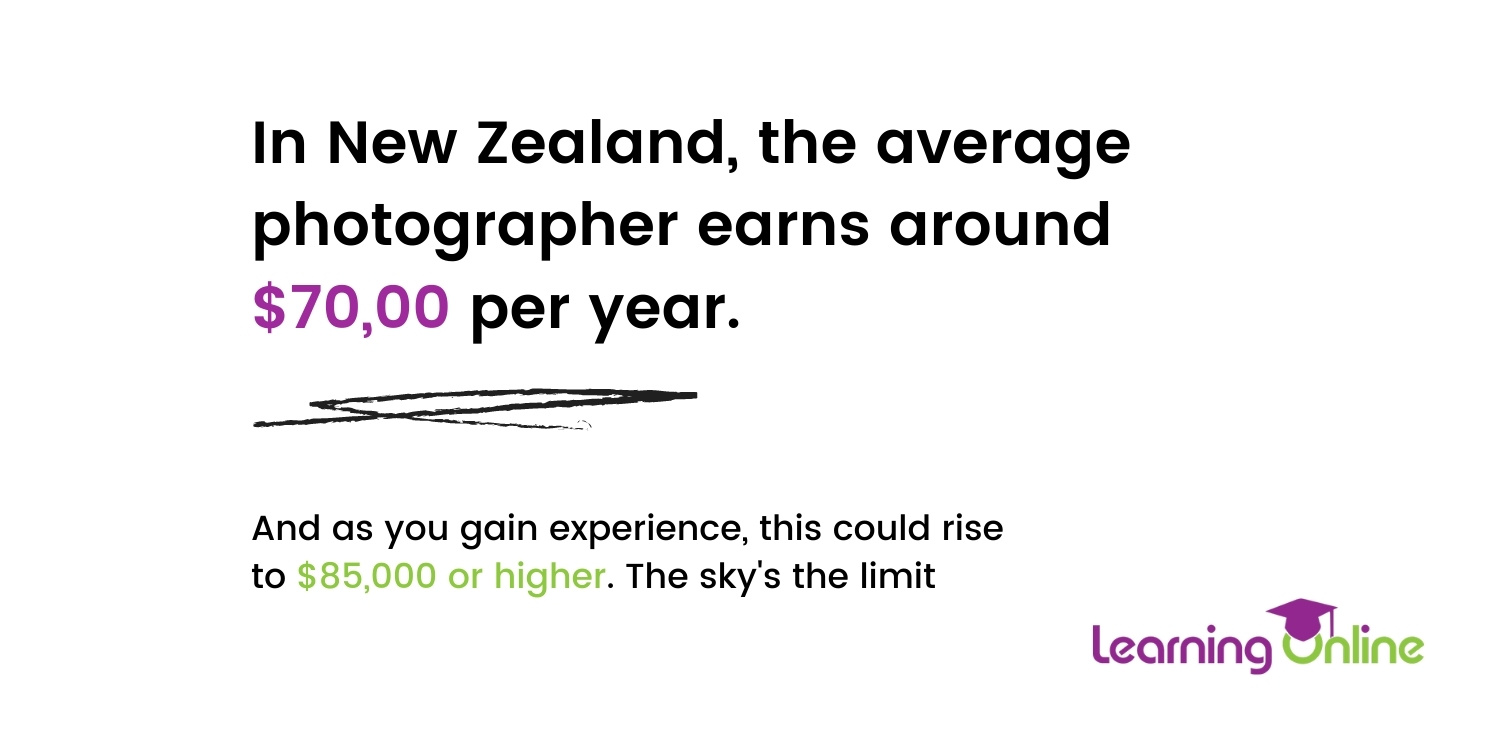Has this article piqued your interest, and are you now wondering how do I get started in photography?
First of all, you’ll need training. To be able to bring a client’s vision to life, you’ll need a foundation of knowledge, experience and expertise in all areas of composition, lighting and the technical aspects of your equipment. If this is what you need, look no further than our Professional Photography Course.
This course has been specifically designed for over 15 years of development to be THE Professional Photography Certificate on the market! We will take you from beginner, hobby photographer to confident professional, teaching you the fundamentals of lighting, aperture, shutter speed, composition and colour.
From there you’ll be equipped with a full understanding of the post-production process, as well as embarking on a detailed study of different kinds of photography – including wildlife, food, journalism & more!
And if you want to know how to maximise your studio’s potential, then you’ll be interested in our Photography Business Course. Designed to help you consolidate your creativity with essential business skills, you’ll learn how to put together a professional portfolio, negotiate your costs with clients and present your sales pitch.
And to stay ahead of the competition, continue to grow & stay on top of trends, you’ll need social media marketing training. That’s why we’ll provide you with a solid foundation in how to maximise your photography presence online so that potential customers can see your advertising and be inspired by your creativity.
As our photography courses are taught online, our experts are ready whenever you are. You’ll have 24/7 access and full tutor support, so you’ll be learning when and how it suits you with us by your side every step of the way. Our payment plans also start at just $25 a week, with the option to add a DSLR to your package too. So you can prepare for your future in manageable ways, as well as start honing your skills from day one.
Then, once qualified, you may finally be wondering…how much money does a photographer make a year? In New Zealand, the average photographer earns around $70,00 per year. And as you gain experience, this could rise to $85,000 or higher. The sky’s the limit!

